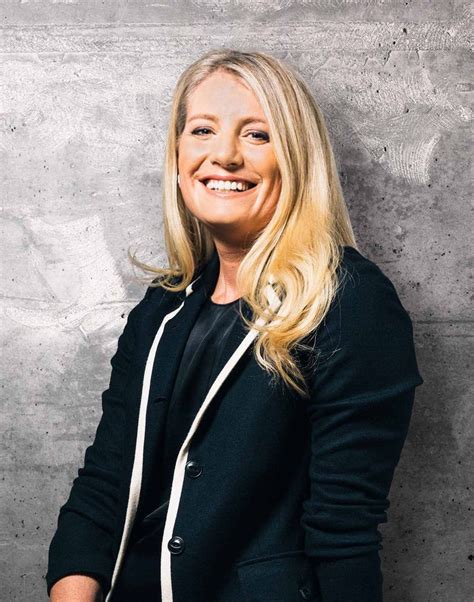A Quote by Rachel Caine
All right," he said. "Since you ask so nicely." "I wasn't asking." "I'm aware of that. The sharp point in my back did make it clear.
Related Quotes
You were wrong. She really is the new general in town." I smiled back, hoping he wasn't aware of my body's reaction to us standing so close. "Maybe. But, it's okay. You can still be colonel." He arched an eyebrow. "Oh? Did you demote yourself? Colonel's right below general. What's that make you?" I reached into my pocket and triumphantly flashed the CR-V keys I'd swiped when we'd come back inside. "The driver," I said.
Five common traits of good writers: (1) They have something to say. (2) They read widely and have done so since childhood. (3) They possess what Isaac Asimov calls a "capacity for clear thought," able to go from point to point in an orderly sequence, an A to Z approach. (4) They're geniuses at putting their emotions into words. (5) They possess an insatiable curiosity, constantly asking Why and How.
Can you surf really well, then?" I looked at Grover, who was trying hard not to laugh. "Jeez, Nico," I said. "I've never really tried." He went on asking questions. Did I fight a lot with Thalia, since she was a daughter of Zeus? (I didn't answer that one.) If Annabeth's mother was Athena, the goddess of wisdom, then why didn't Annabeth know better than to fall off a cliff? (I tried not to strangle Nico for asking that one.) Was Annabeth my girlfriend? (At this point, I was ready to stick the kid in a meat-flavored sack and throw him to the wolves.)
But surrender also means your back's to the wall and saying, "Okay, I give up." But rather it's a joyful self-offering. When you come to the point of realizing that "I never get it right. I always make a mess of things; I can't do anything right. Let him do it." And then you ask his power to do it through you and you find suddenly that it works that way.
The great Norwegian playwright, Henrik Ibsen, wrote, "One of these days, the younger generation will come knocking at my door." The future is knocking at our door right now. Make no mistake, the next generation will ask us one of two questions. Either they will ask: "What were you thinking; why didn't you act?" Or they will ask instead: "How did you find the moral courage to rise and successfully resolve a crisis that so many said was impossible to solve?
Ask your child for information in a gentle, nonjudgmental way, with specific, clear questions. Instead of “How was your day?” try “What did you do in math class today?” Instead of “Do you like your teacher?” ask “What do you like about your teacher?” Or “What do you not like so much?” Let her take her time to answer. Try to avoid asking, in the overly bright voice of parents everywhere, “Did you have fun in school today?!” She’ll sense how important it is that the answer be yes.






































